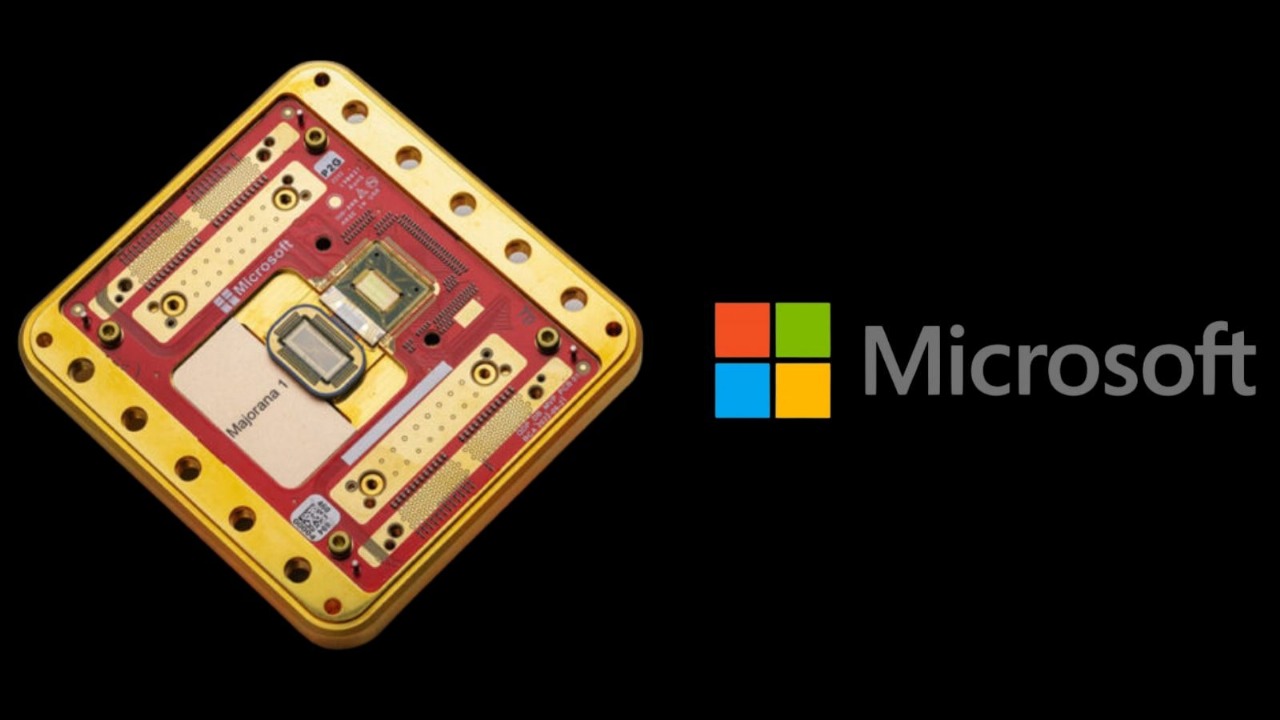Microsoft has launched its breakthrough quantum processor, Majorana 1, marking a pivotal leap toward scalable, fault-tolerant quantum computing. Built on a revolutionary topological core architecture, the chip is designed to scale to one million qubits—enabling solutions to industrial-scale problems previously deemed unsolvable.
Key Highlights Of The Launch
- Majorana 1 is powered by topoconductors, a new class of materials combining indium arsenide and aluminum to control exotic Majorana particles
- These topological qubits offer built-in error resistance, digital control, and compact scalability, overcoming limitations of traditional superconducting qubits
- The chip currently hosts eight topological qubits and is engineered to fit a million on a palm-sized device
Scientific And Strategic Impact
- Microsoft’s measurement-based quantum control simplifies error correction using digital pulses rather than analog tuning
- The chip’s stability and precision were validated in a Nature-published study and showcased at the Station Q conference
- Microsoft is one of two firms advancing to the final phase of DARPA’s US2QC program to build a utility-scale quantum computer
Industrial Applications And Outlook
- Majorana 1 could revolutionize fields like materials science, drug discovery, agriculture, and climate tech by simulating molecular interactions with unmatched accuracy
- Potential breakthroughs include self-healing materials, microplastic decomposition, and enzyme-based bioengineering
- The chip integrates seamlessly with Azure Quantum, combining AI, HPC, and quantum platforms for real-world deployment in years—not decades
Sources: Microsoft Innovation Blog, Microsoft Azure Quantum, HP Tech Takes, India Today, Insights on India
